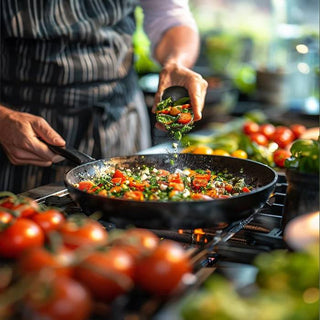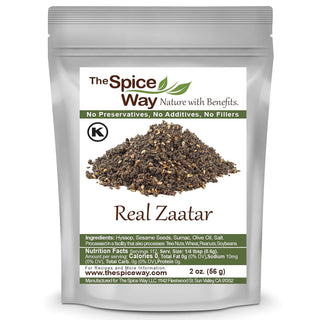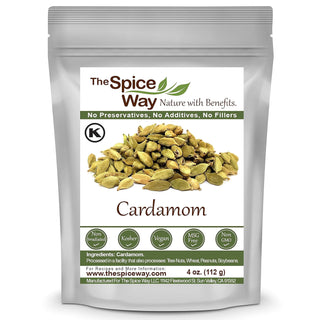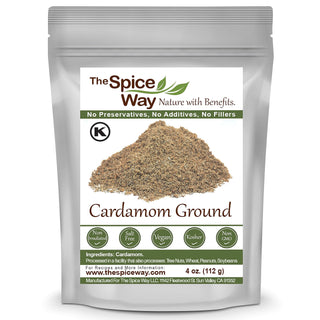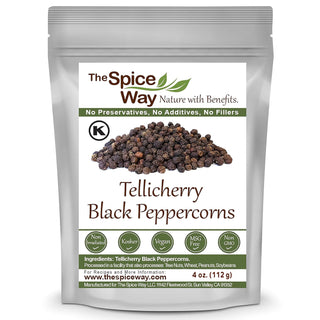When it comes to cooking, adding a little bit of flavor goes a long way. A sprinkle of your favorite herb can transform even the most boring dish into something gourmet. If you don't have a bundle of herbs stored in your kitchen cabinet—you are missing out on one of the biggest culinary secrets. Herbs infuse life into your meals, add freshness to them, and also enhance their nutritional value. All you have to do is understand which herbs are a must-have in your kitchen, and how to use them the right way.
In this article, we’ll talk about 8 herbs that you must try in your kitchen.
1. Ground oregano
When we’re talking about herbs, the first one that comes top of mind is oregano. A staple ingredient in Italian cuisine and popular all around the world, oregano is used as a seasoning for pizza, pasta, salads, meats, and vegetables. Its complex notes carry a slightly bitter and earthy taste, but when added to a dish, it works wonders.
2. Ground thyme
The minty and earthy notes of ground thyme go well with meat, fish, vegetables, and anything savory. A popular choice in French, Italian, Mediterranean, and Middle Eastern cuisine, this herb is rich in antioxidants and anti-inflammatory properties. Add it to your vegetable broth, chicken stock, or soup for depth of flavor, and you can also use it in tea or cocktails to uplift their taste.
3. Lemongrass powder
Widely used in Thai and Vietnamese cuisines, lemongrass powder has a fresh citrusy flavor that offers a beautiful balance to your dishes. You can use it in seafood, chicken, vegetables, stir-fries, curries, and soups to enhance the taste with a lemony punch.
4. Parsley flakes
Parsley flakes come in handy when you don’t have fresh parsley leaves but you want to include that peppery and earthy flavor in your dish. This versatile herb works well with pasta, soup, meat dishes, potatoes, soups, and sauces, and you can include it in your salad dressing as well.
5. Dried mint Leaves
You can use dried mint in both sweet and savory recipes, including salad dressings, marinades, soups, and stews. Its pleasant aroma and taste make it a great addition to tea. This herb works as a substitute
for fresh mint when it's not available, and it has a longer shelf life, making it a practical addition to your kitchen.
6. Marjoram
This versatile aromatic herb can be used in a wide range of dishes, including meats, vegetables, seafood, soups, and sauces. You can also add Marjoram to marinades or salads for a unique taste. Its flavor note is quite similar to oregano, but it also carries a delicate sweet taste. A popular Mediterranean herb, this one deserves a place in your kitchen for its complex and unusual flavor and its diverse use cases.
7. Bay leaves
Available as ground leaves and whole leaves, this herb has a similar flavor to oregano and thyme, but it's a bit stronger. They add a depth of flavor to your dishes, be it vegetables, soups, stews, or slow-cooked curries. You could also add it to your cup of tea for a bold and distinct flavoring.
8. Hibiscus powder
Hibiscus powder is an underrated herb that you must try out. It comes in a beautiful dark red or burgundy shade, and its tart taste reminds you of cranberry. While it’s mostly used in adding flavor to tea, you can also include it in juices, mocktails, or soups.
9. Basil
On days when your soup, salad, or pizza tastes bland, you can use basil to amp up their taste. Its unique minty and peppery flavor is commonly used in Italian dishes. It also works as a great seasoning for mocktails—just sprinkle some on your drink and enjoy the freshness of basil with every sip you take.


